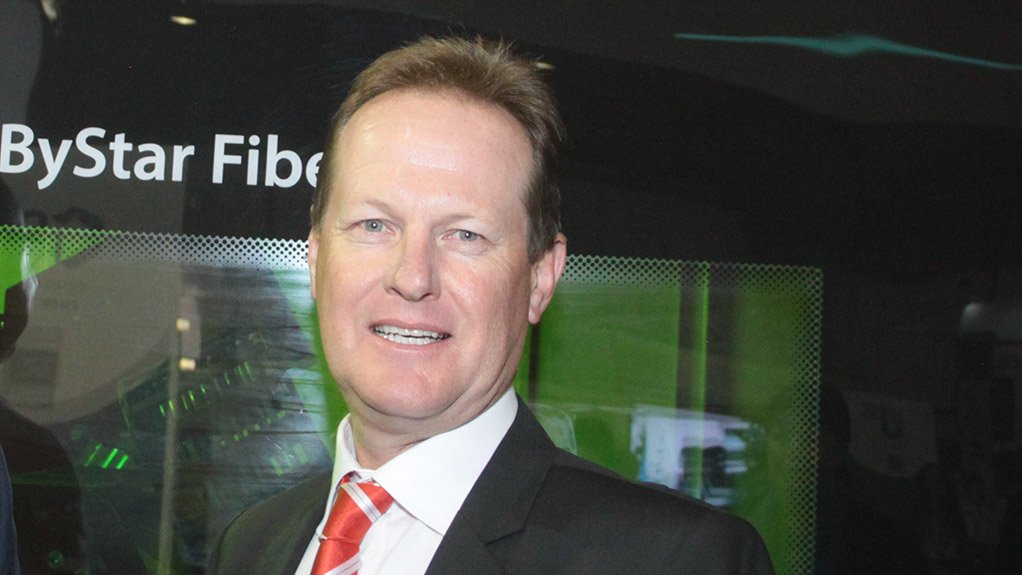Benrose-based cutting consumables and capital equipment distributor First Cut believes it has a role to play in educating the downstream steel industry on the possibilities offered by new technology and the scope of automation.
“Technology is changing and advancing at a rapid pace and the current trend in the global steel industry is towards increasing automation and, for example, Europe is certainly showing the rewards of having adopted automation. If the local South African steel processing industry does not grasp the automation challenge with alacrity, it will ultimately lag behind, as automation is one of the top ten ‘disruptors’ in today’s industry,” says First Cut MD Andrew Poole.
He predicts that growth in the local steel-processing industry will rely on the adoption of automation that has happened globally with Industry 4.0, and even Industry 5.0, which is trending.
“To retain and grow employment in South Africa, our industries have to be globally competitive. To be competitive, the local industry needs to adopt advanced technology, such as fibre laser technology supported by automated steel handling, robotic welding and bending, and information technology-controlled dispatching systems.”
Poole says fibre laser technology posts high productivity and quality results in the sheet-metal processing sector. Vehicle buyers, for example, are demanding a higher standard of outer body finish than a decade or two ago, which has resulted in original-equipment manufacturers requiring extremely high-quality steel components that fibre laser technology can produce efficiently, he explains.
“In addition, customer confidence is key when it comes to decision-making in terms of major capital equipment, which can resolve automation challenges. Some of First Cut’s clients are using the current period of economic hardship to reinvent the way they are conducting business and, in so doing, are making significant fibre laser purchases from our international principals such as Bystronic.”
Moreover, the development in the latest software skills to customise automation solutions in order to match individual client requirements is also vital for the local industry’s growth, Poole avers.
Further, growth in the steel cycle will be influenced by growth in other sectors which will give rise to a cycle of increased spending, accompanied by increased investment.
This will result in South Africa moving into a more optimistic and positive growth scenario, he adds.
“South African business is for the most part resilient and inventive, particularly in the face of a constrained economy,” concludes Poole.
Edited by: Zandile Mavuso
Creamer Media Senior Deputy Editor: Features
EMAIL THIS ARTICLE SAVE THIS ARTICLE
ARTICLE ENQUIRY
To subscribe email subscriptions@creamermedia.co.za or click here
To advertise email advertising@creamermedia.co.za or click here













